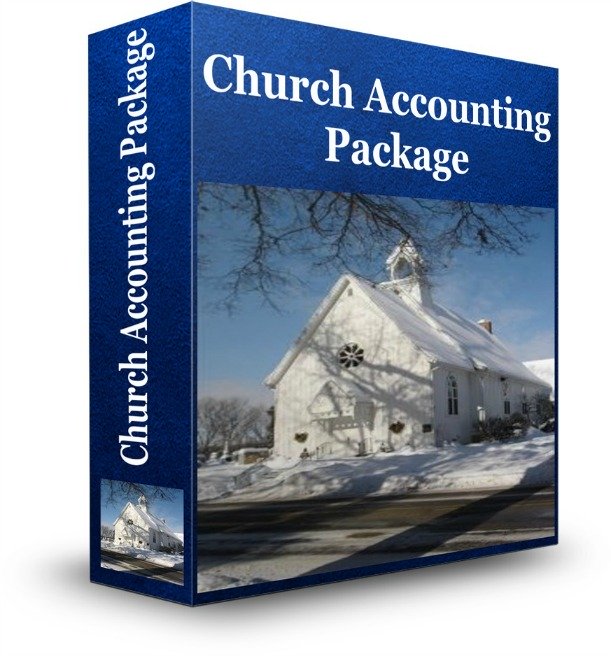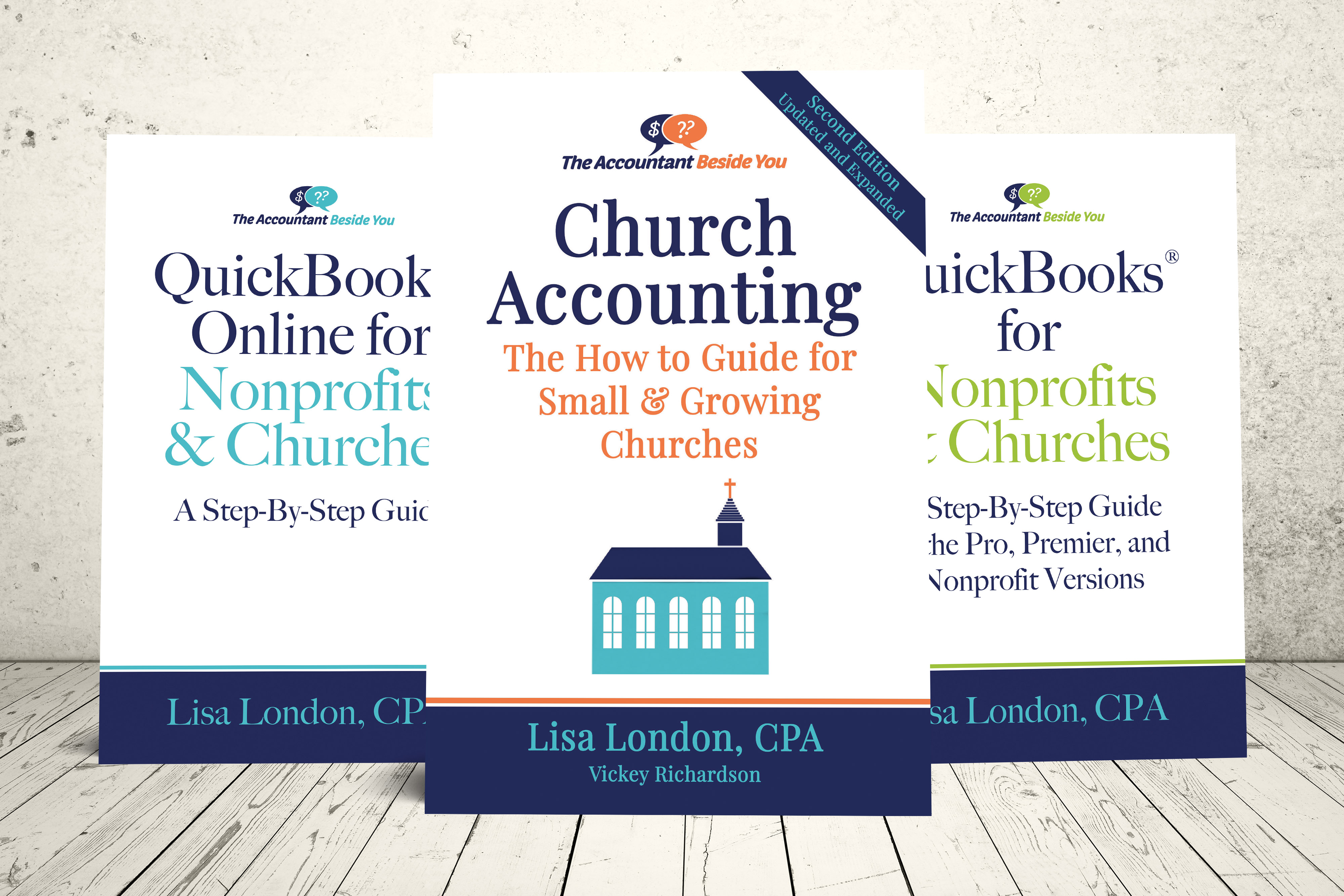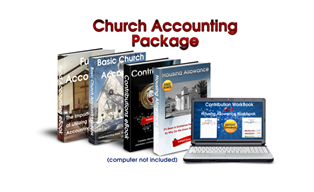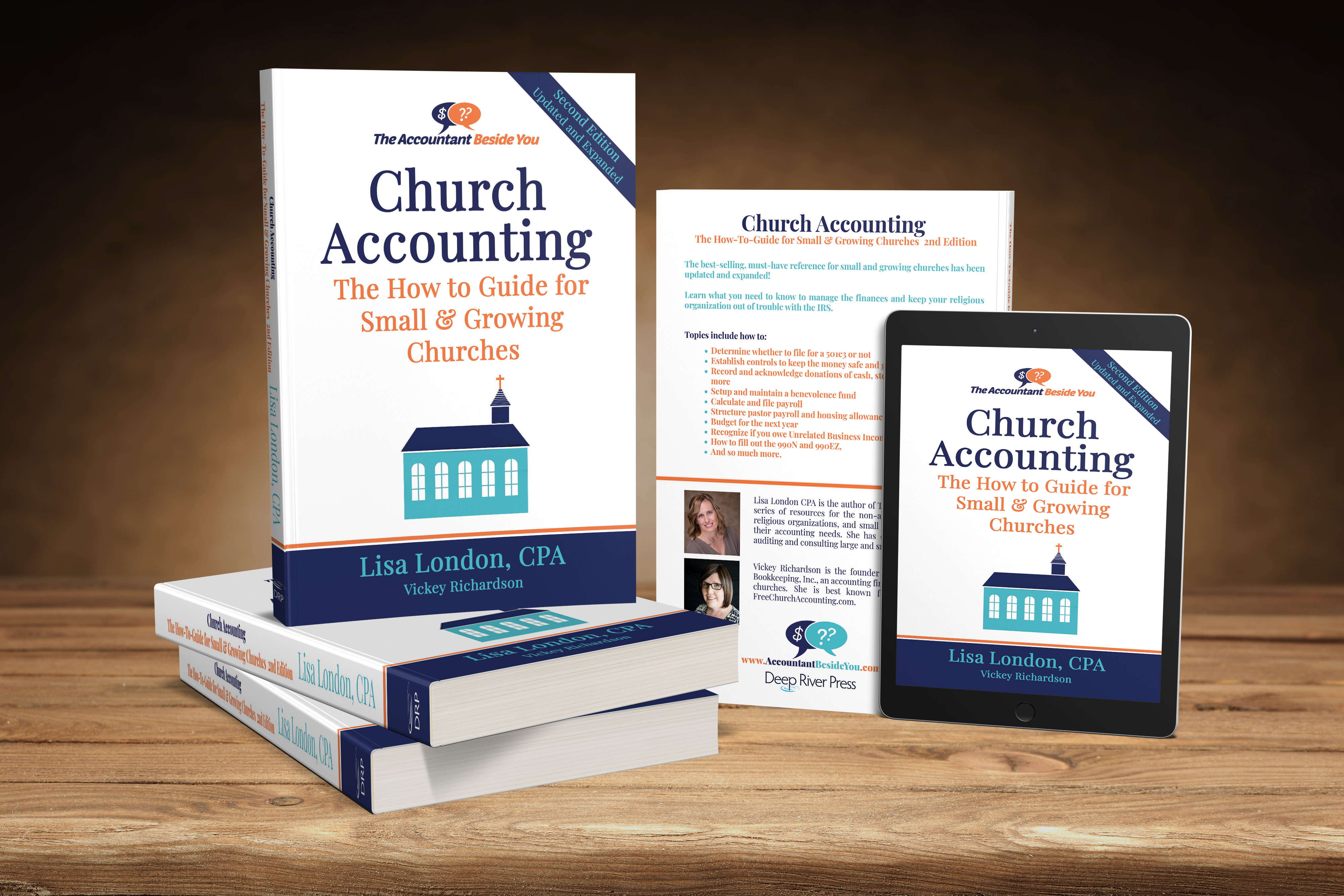Benevolence Questions
Benevolence questions that are currently being asked by church and nonprofit administrators.
- What exactly is it?
- What are some guidelines to setting up and administering benevolence payments?
- Is it taxable to the recipient?
See some answers to those questions below…

Coupon!
Here is a 10% discount code for all the ebooks, spreadsheets, and packages on this site:
FCA
Note: click on "PACKAGES" in the top navigation bar for a list of all of the ebook and spreadsheet packages on this site!
Benevolence Questions and Definition
First of all, the benevolence definition according to Wikipedia is: "goodwill or disposition to do good".
Since "doing good" is part of most churches' foundation, knowing how to set up and administer benevolence is something that should be research thoroughly.
See some guidelines on setting up and administering a Benevolence Fund.
Most of the questions church/charity administrators are asking currently pertain to the taxable or nontaxable side of benevolence.
See some of those benevolence questions below including an interesting question asked of my boss and his detailed response.
Donation Guidelines Package
A set of 4 ebook packages that covers many of the following topics...
- How to handle and receipt stock donations
- How to handle free rent and labor donations
- How to handle non-cash contributions
- What to do if you receive a DAF (donor advised fund) contribution or grant
- How to handle Quid Pro Quo donations and other fundraising income such as drawings and raffles
- Donation policies and procedures
- Much more - Click here for details
Limit to Benevolence?

1. Regular payments to our late Pastor's wife. Can we consider it benevolence? Is there a limit to benevolence I can send without having to do a 1099? I have read that benevolence does not have to be reported via 1099.
Reply from Bill OConnell CPA and owner of Wisdom Over Wealth:
I have spent some time researching your benevolence question.
The guiding principles include a couple of tax concepts.
- The tax rules around gifts/benevolence that you mention. The focus here is the individual’s current relationship to the organization and/or the circumstances that bring about the [continuing] payments. But there is another…
- The tax exempt status of the church also comes into play.
Benevolence and gifts indeed contemplate a one-time (or limited number of) asset transfer(s) to an individual. Without this limitation, churches would be gifting money to their clergy and not paying taxable salaries, so they never paid any taxes. In short, your payments to the former pastor’s widow do not qualify as tax-free gifts or benevolence. More on the consequences of that treatment is below.
Further, making payments to the widow as housing has been litigated by the IRS and the churches involved lost the case defending that treatment.
The IRS will view these payments through the lens of your church as a tax exempt charitable organization. Seen this way, your donors are granted tax deductions for their contributions because of the charitable purpose of the charity/church. The charity/church is given tax exempt status of that income because it prosecutes the publicly published purpose that is on file with the IRS.
Redirection of tax-exempt donations for the personal benefit of an individual (other than employees and contractors working in the charitable purpose of the organization), are deemed to be a violation of the “covenant” with the government. In short, tax exempt funds are never to be used for the personal inurement or benefit of any individual. In Richard Hammar’s view, this practice can jeopardize the tax exempt status of the church/charity.
So despite the honorable intent of the payments, the church leaders put the tax exempt status of the church at risk by making the payments in the way you are contemplating.
My recommendation is as follows:
- Disclose the payments to your donors, so they understand that they are supporting an individual not in the employ of the church.
- Make the payments as taxable income by either using a 1099 – or as taxable wages through the payroll. It will not put her at risk in later years should her returns be audited and she is assessed unpaid taxes.
More Benevolence Questions

2. Question on providing monetary assistance to member with cancer:
One of the members at my church was just diagnosed with t-cell prolymphocytic leukemia.
We as a church body want to provide monetary assistance to this family to help with the medical bills. People and business in the community (as well as other church members) want to donate to this benevolence as well.
Is there any position the IRS will take if check are made out the Church with in the memo a designation for this individual? Will this jeopardize my church’s 501(C)3 status? Will or could this be looked at as siphoning money from individuals to this specific person?
See my reply to this benevolence question and also on sending a 1099 to benevolence recipients:
Benevolence question on monetary assistance for member diagnosed with cancer.
3. Question on distribution guidelines:
A fund was started for a sick child and the contributions had her name on them. What are the guidelines for distribution of the funds received? The father of the child works for the church. Would any funds given to him become income?
Reply to Guidelines for Benevolence Funds
4. Question on benevolence uses:
See more on setting up and properly administering a Benevolence Fund in the Church Accounting How To Guide
Includes:
- requirements for payments
- discretionary benevolence funds
- benevolence for employees
- disbursement procedures
- written benevolence policy example and much more
Our church collects a benevolence fund every Sunday. We do provide assistance to our members/non-members.
Can
these funds be utilized to help with cost within the church such as
repairing the benches, bus travel to bring our members on trips or
invitations to other churches, cooling system, etc.
We are not sure what Benevolence can be used for from a legal standpoint?
My Reply to Use of Benevolence Funds:
Monies raised
for benevolence should be used strictly for benevolence. See this page on Benevolence Funds Dos and Donts
Church
maintenance such as repairing the benches or the cooling system should
come out of your general (unrestricted) fund. So should the expense of
bus travel to take members on trips or invitations to other churches.
5. Similar Benevolence Question on Use:
Should a church ever consider using Benevolence funds to help church attenders pay for childcare so that the attenders/members could attend home bible studies?
My Reply:
No. Your church should set up and adhere to a benevolence fund policy that spells out exactly what defines benevolence and what does not. See this page on Creating an Accounting Policy Manual.
6. Question on giving pastor a car:
Our Church brought the preacher a car for $4000,as benevolence. Should the preacher be taxed on this amount of money.The preacher already has a car.
Reply from D. Fry, a very much appreciated contributor to this site:
The purchase of a car for the preacher should be treated the same as giving him cash; it doesn't really matter that he already has a car. It is taxable income to him, and at the very least should be declared in a letter to him at the end of the tax year.
7. Question on difference between benevolence and hospitality:
What is the difference between hospitality expenses and benevolence expenses? When groceries are brought with a church check to prepare a meal after a church service for the congregation, is that a hospitality expense? Our youth leader took a group to a restaurant for a leisure meal and paid with a church check, is that a hospitality expense?
Reply to Benevolence or Hospitality.
Church Accounting Package
A set of 2 ebook packages that covers the following topics...
- Fund accounting examples and explanations
- Difference between unrestricted and restricted funds
- Best methods for tracking restrictive funds
- Explanations and examples of financial statements for churches and nonprofits
- Minister compensation and taxes
- Payroll accounting and its complexities
- Much more - Click here for details








